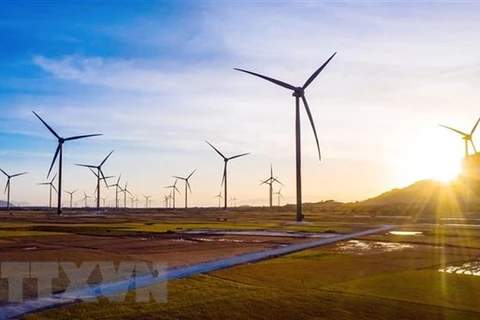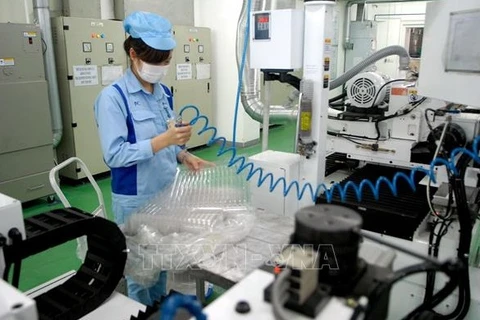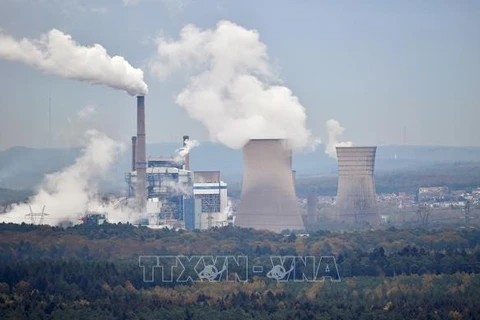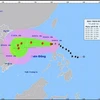Due to CO2 emissions in the production process, the global fashion industry is one of the causes behind climate change. This is why many well-known fashion brands and textile manufacturers worldwide have set goals related to climate and the environment.
To support Vietnamese textile and garment enterprises to reduce emissions through the efficient use of natural resources and energy, and chemical management, the German Development Cooperation Organisation (GIZ) and French sporting goods retailer Decathlon signed a memorandum of understanding on cooperation in improving the environmental performance of Vietnamese garment and textile suppliers.
Accordingly, GIZ partners with Decathlon Vietnam through its projects, “Climate protection through sustainable bioenergy markets in Vietnam’ (BEM) and ‘Fostering and advancing sustainable business and responsible industrial practices in the clothing industry in Asia’ (FABRIC), to help Decathlon's Vietnamese suppliers improve their ability in climate change adaptation, efficiently use of water and energy, and manage chemicals at factories in 2022.
Specifically, the GIZ FABRIC project will offer free e-learning courses namely “Climate Action Training” and “Chemical Management Training (e-REMC), via the platform www.atingi.org.
The “Climate Action Training” provides basic knowledge on climate change, solutions to calculate and reduce greenhouse emissions, and solutions in terms of energy efficiency and renewable energy. Meanwhile, the e-REMC supports Vietnamese textile factories to improve and implement sustainable chemical management systems.
Marc Beckmann, Director of GIZ FABRIC, underlined that tackling climate change requires collaboration with international brands to jointly improve the ability of textile and garment factories in the supply chain where most of the emissions and environmental impacts happen.
Meanwhile, Decathlon will also provide its suppliers’ factories with training courses to increase the use of bioenergy and other renewable energy sources, and support studies on the biomass supply chain./.
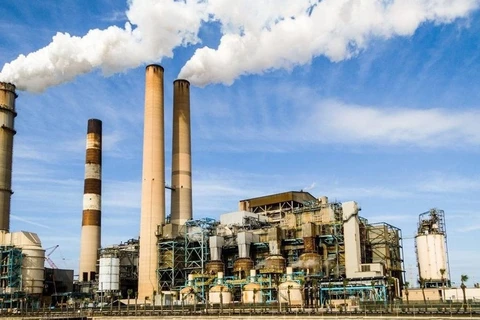
Vietnamese firms engage in Net Zero race
Vietnam’s strong commitments in climate change adaptation towards achieving net-zero emissions by 2050 announced at the UN Climate Change Conference (COP26) is considered a cornerstone for calculations of renewable energy investors.

